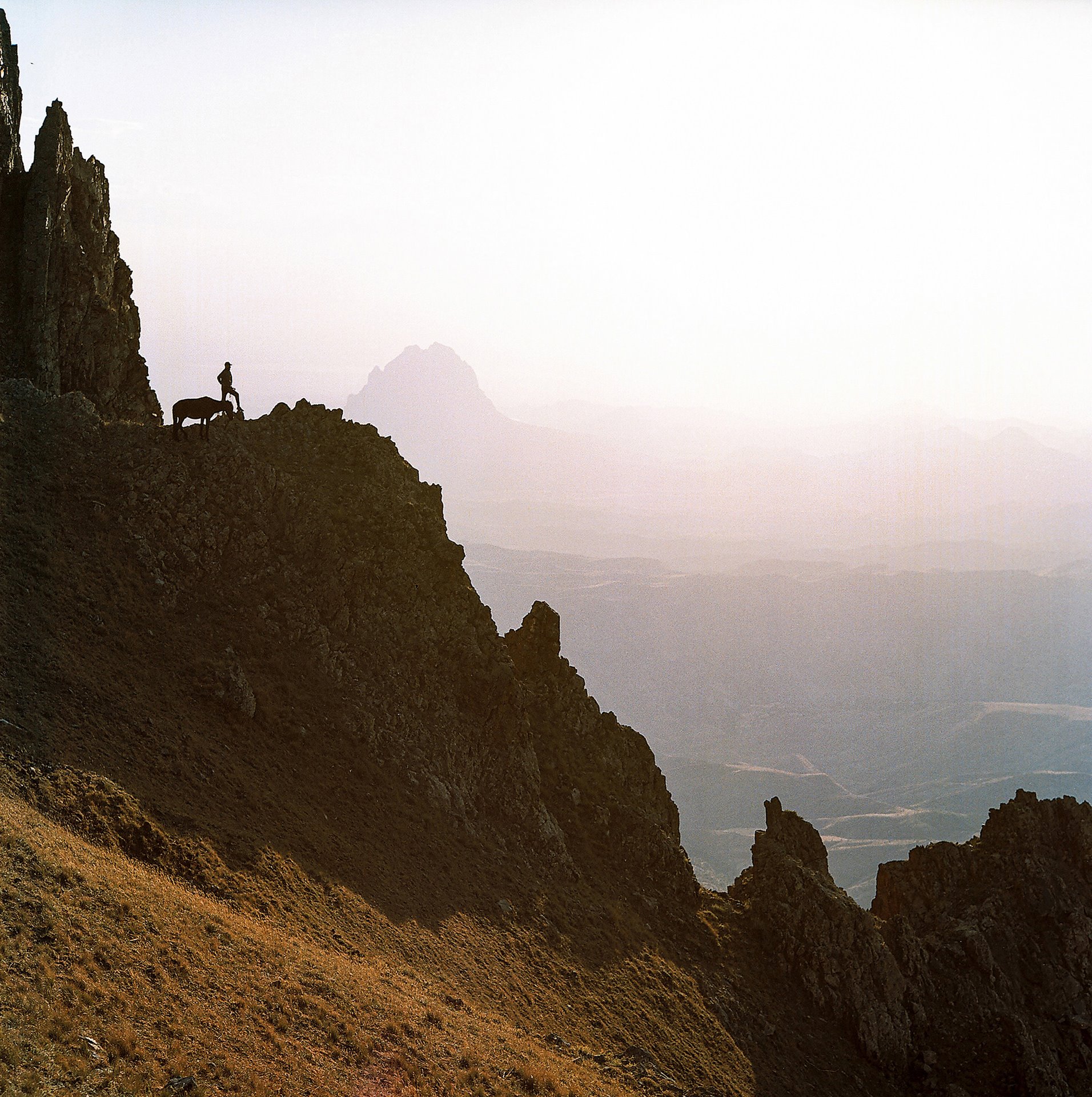
Satyrus Effendi: Memorias de un padre, huellas de una guerra
El Satyrus effendi es una rara especie de mariposa nombrada en honor al entomólogo soviético-azerbaiyano Rustam Effendi, padre de la fotógrafa Rena Effendi. Durante su vida, Rustam Effendi reunió una cantidad incontable de mariposas, viajando entre Armenia y Azerbaiyán en busca de ejemplares raros y en peligro de extinción. Su muerte, en 1991, coincidió con el inicio de décadas de conflicto por la región de Nagorno-Karabakh.
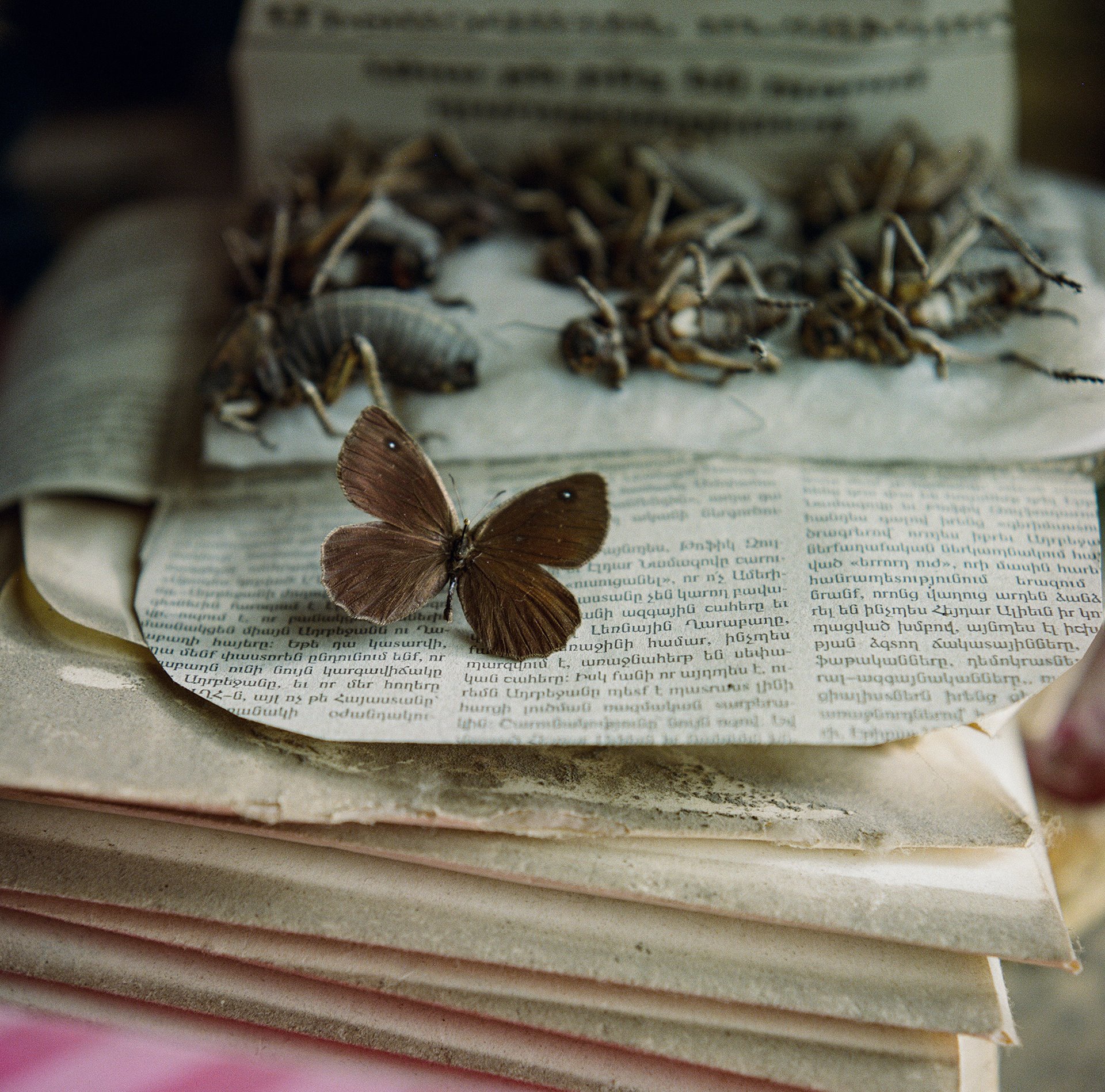
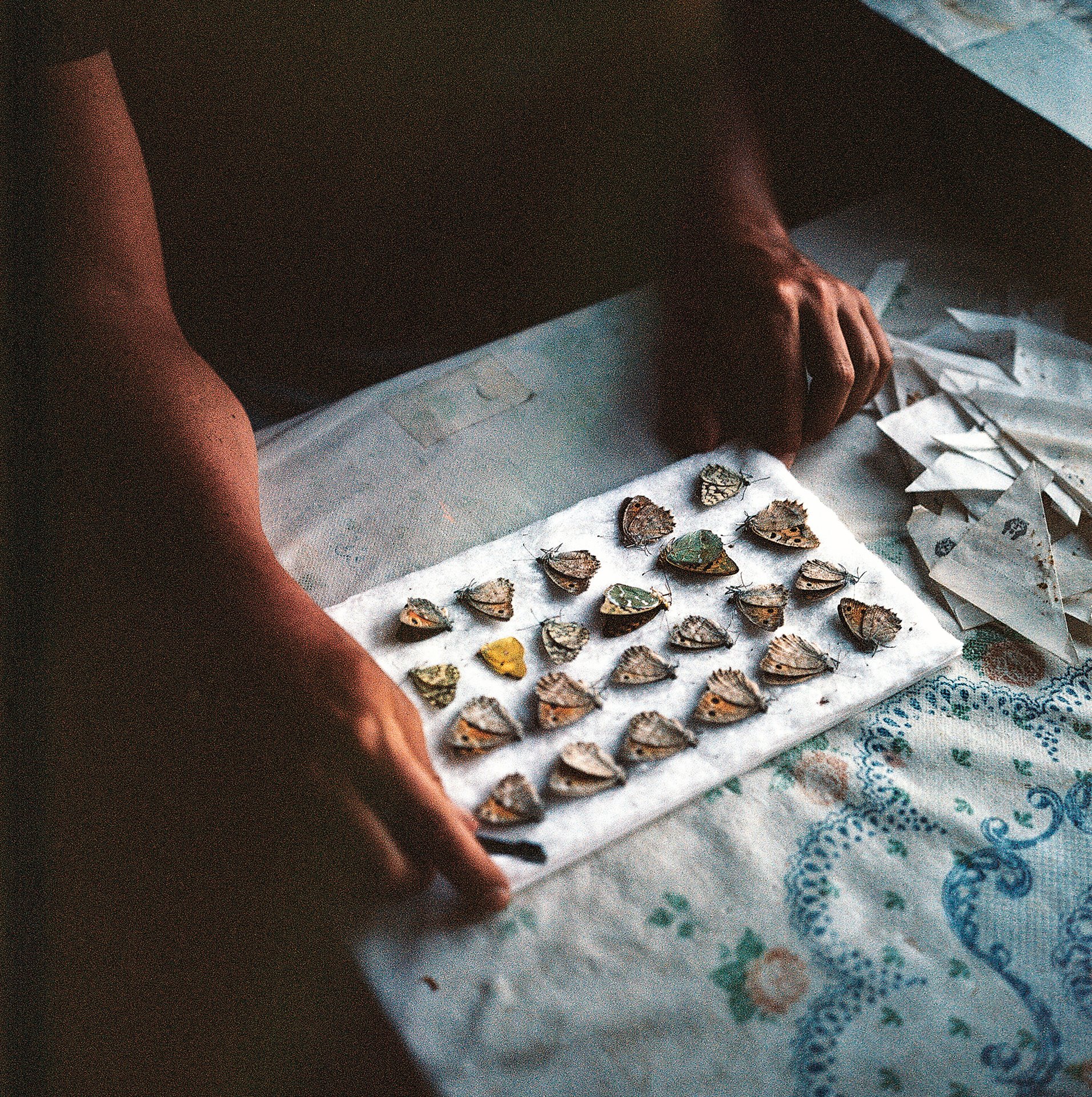
La zona montañosa de Karabakh, situada en la frontera entre Armenia y Azerbaiyán, por donde su padre transitaba con libertad en sus expediciones, ha sido devastada por la guerra. El conflicto ha cobrado miles de vidas y ha desplazado a cientos de miles de personas.
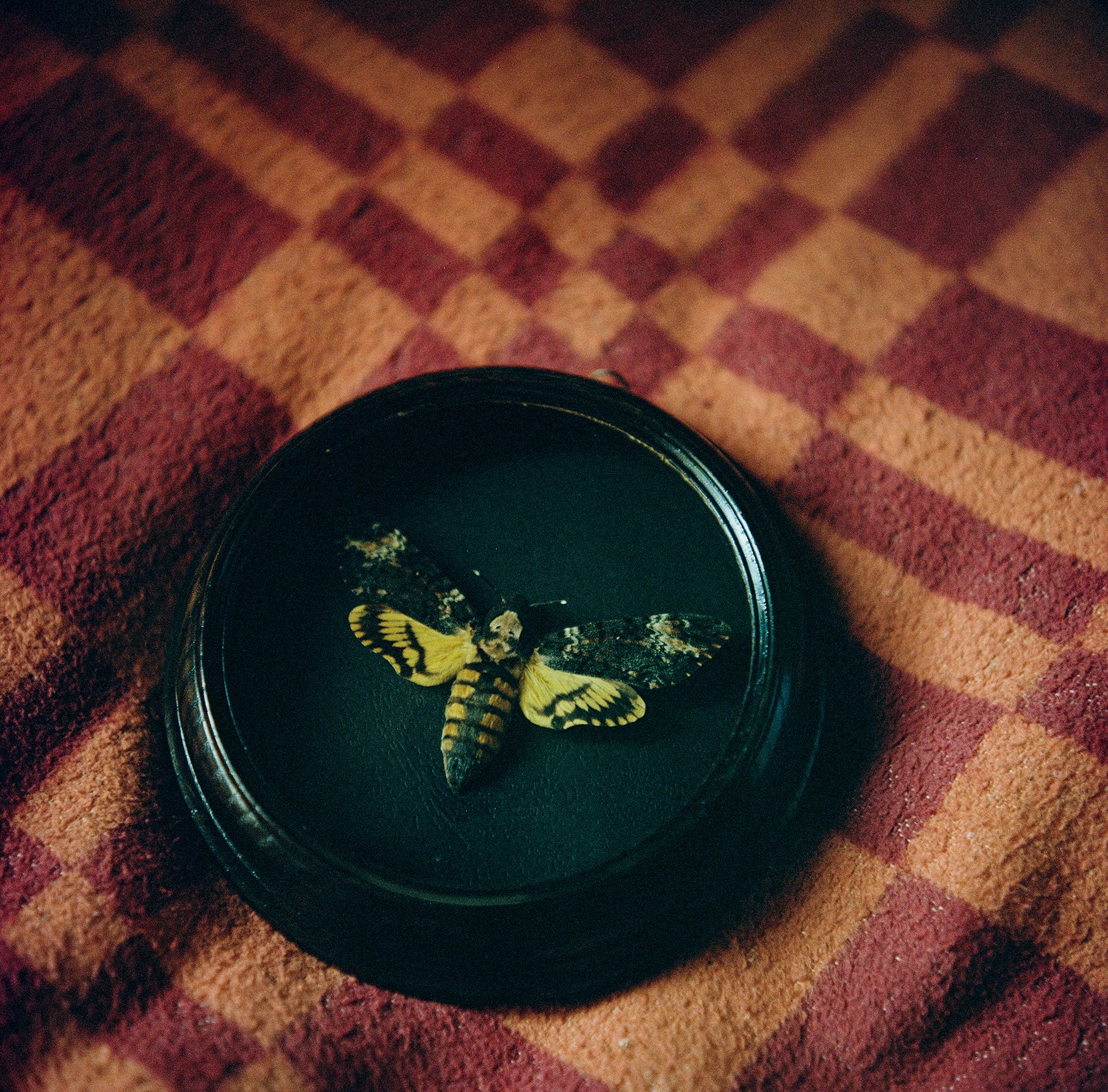
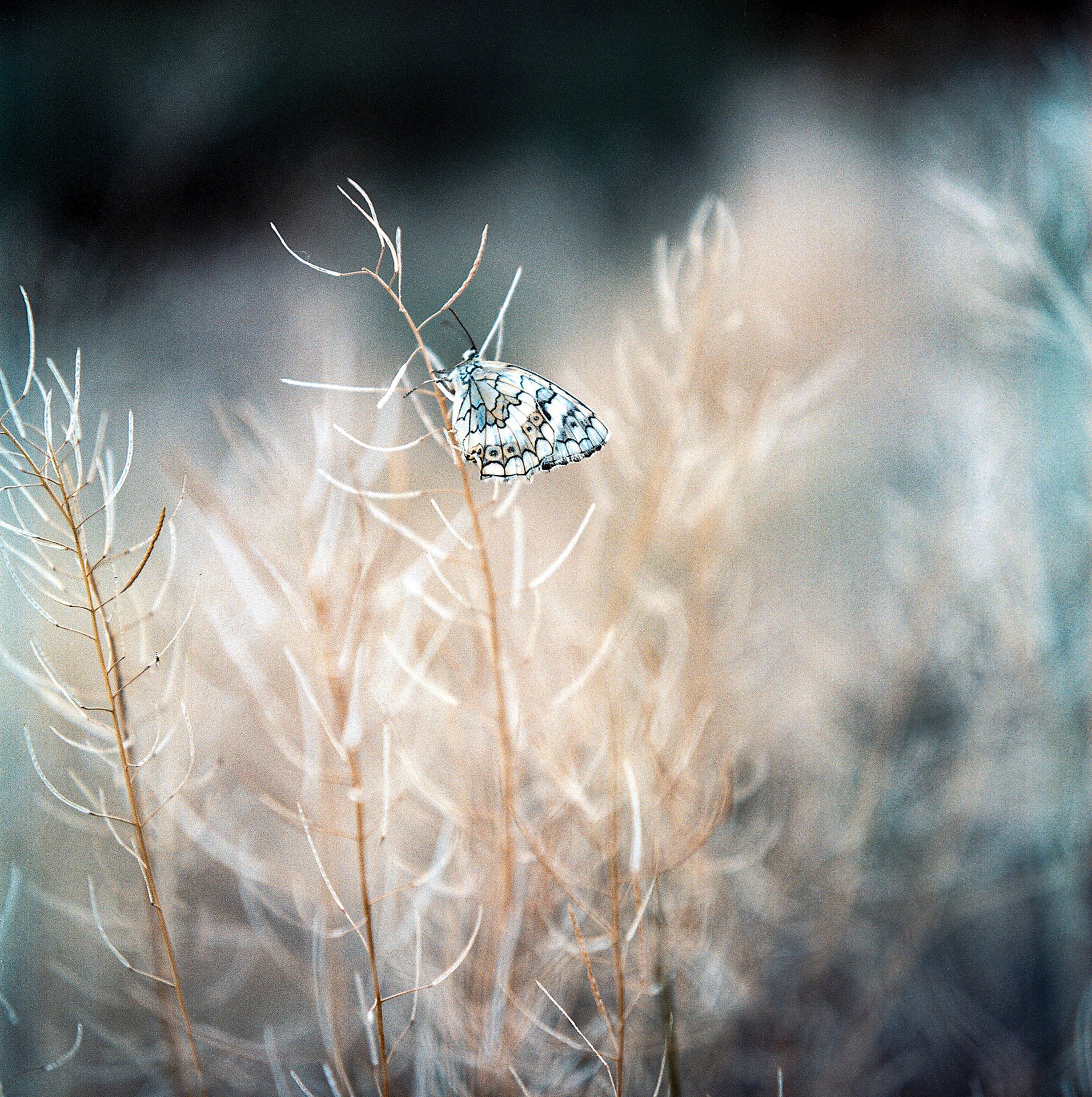
En este proyecto, Rena Effendi siguió los pasos de su padre, atravesando pueblos destruidos y paisajes desolados marcados por minas terrestres, en busca de la mariposa que habita en la frontera entre Armenia y Nakhchivan, un paisaje aislado por la guerra. Durante su recorrido, encontró personas de ambos lados del conflicto que la ayudaron, a pesar de la desconfianza entre las dos naciones enfrentadas.
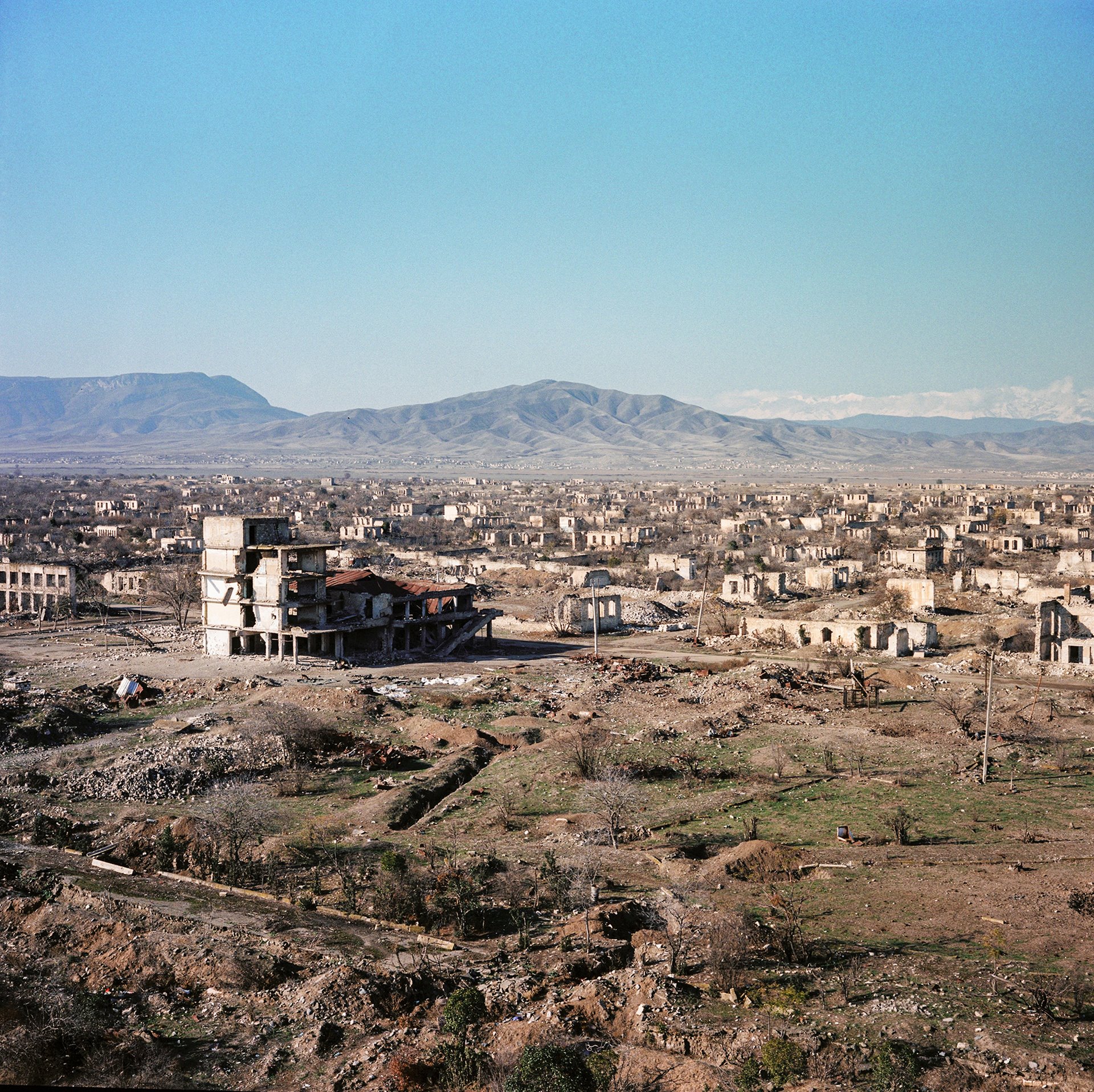
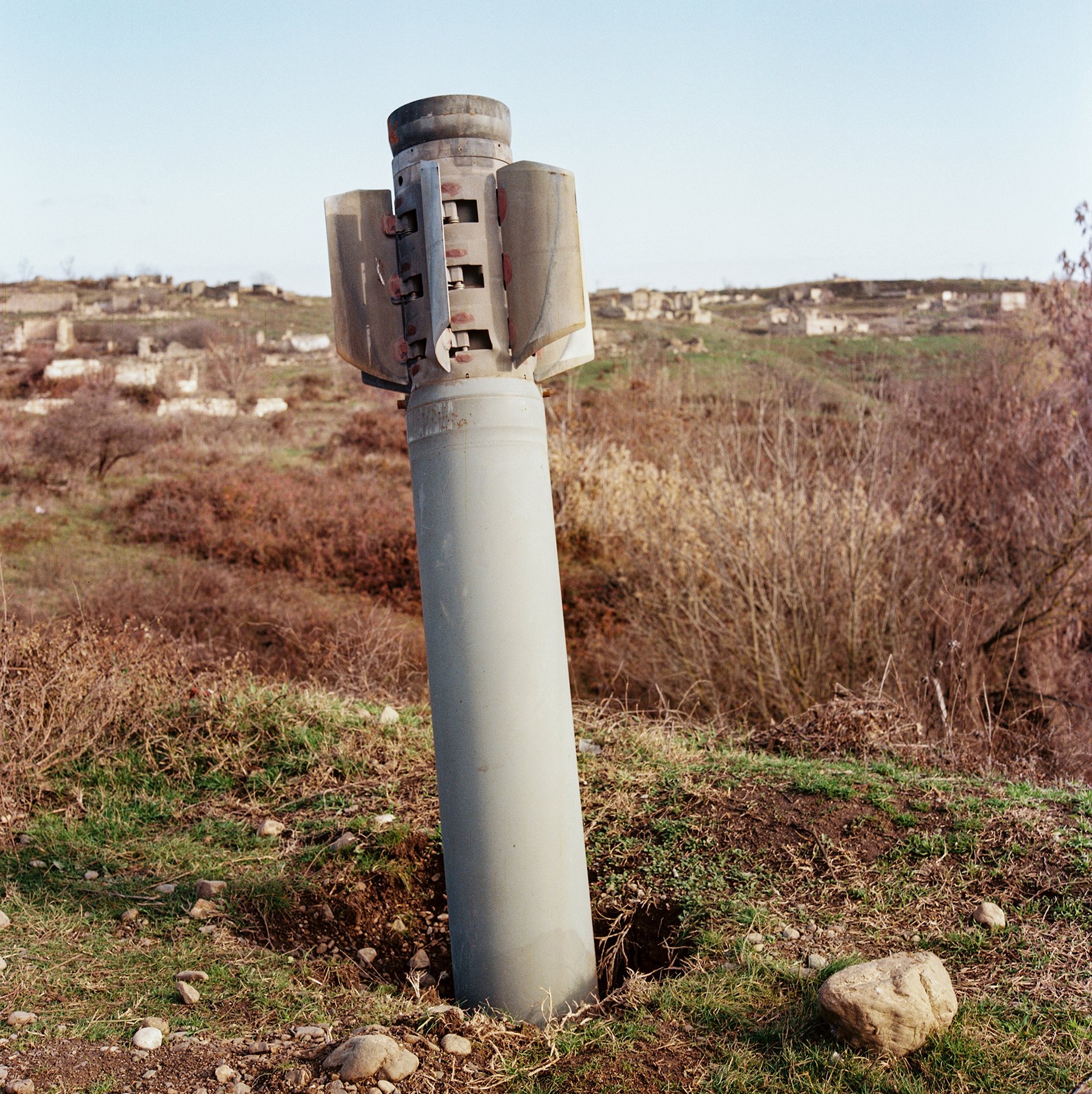
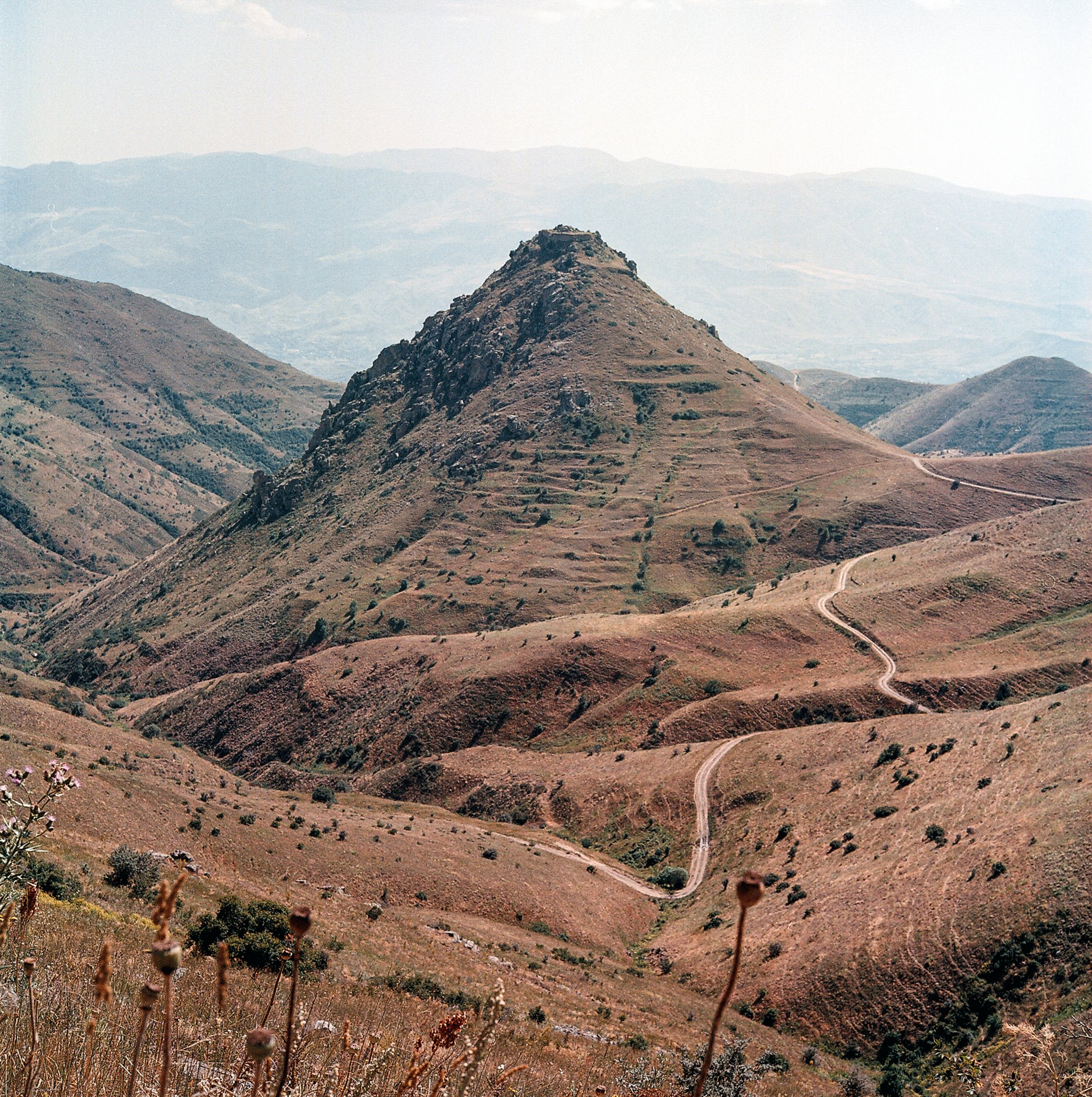
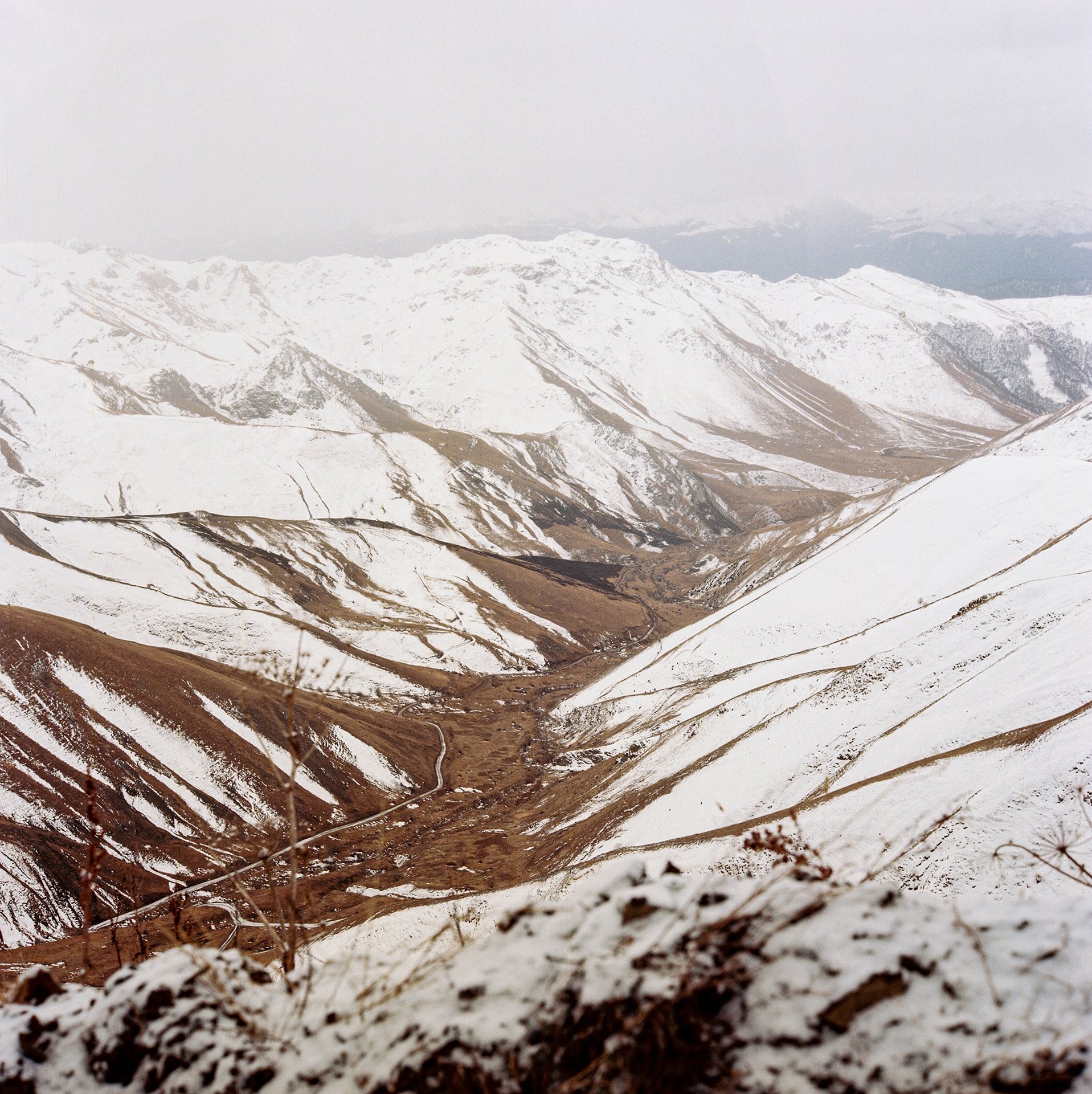
El trabajo pone de relieve el impacto ecológico de los conflictos humanos, evidenciando los retos de conservación que enfrentan especies en peligro como el Satyrus effendi. La alteración de hábitats y la destrucción de ecosistemas amenazan su supervivencia, añadiendo otra capa de significado a la historia.
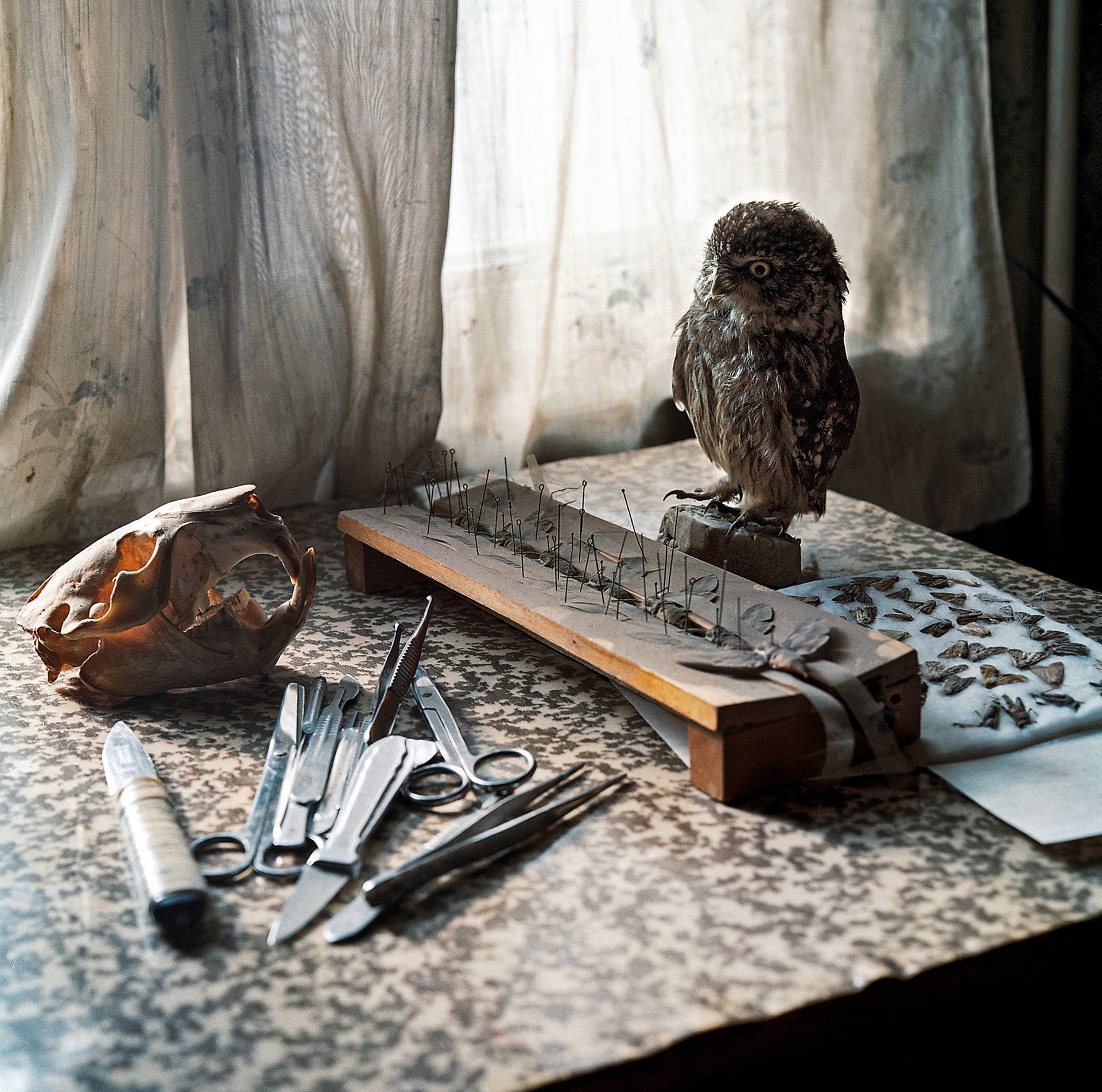
El viaje de Rena Effendi entrelaza la memoria personal e historia política, una exploración de la identidad, la pérdida y la supervivencia, tanto de los seres humanos como de otras especies.
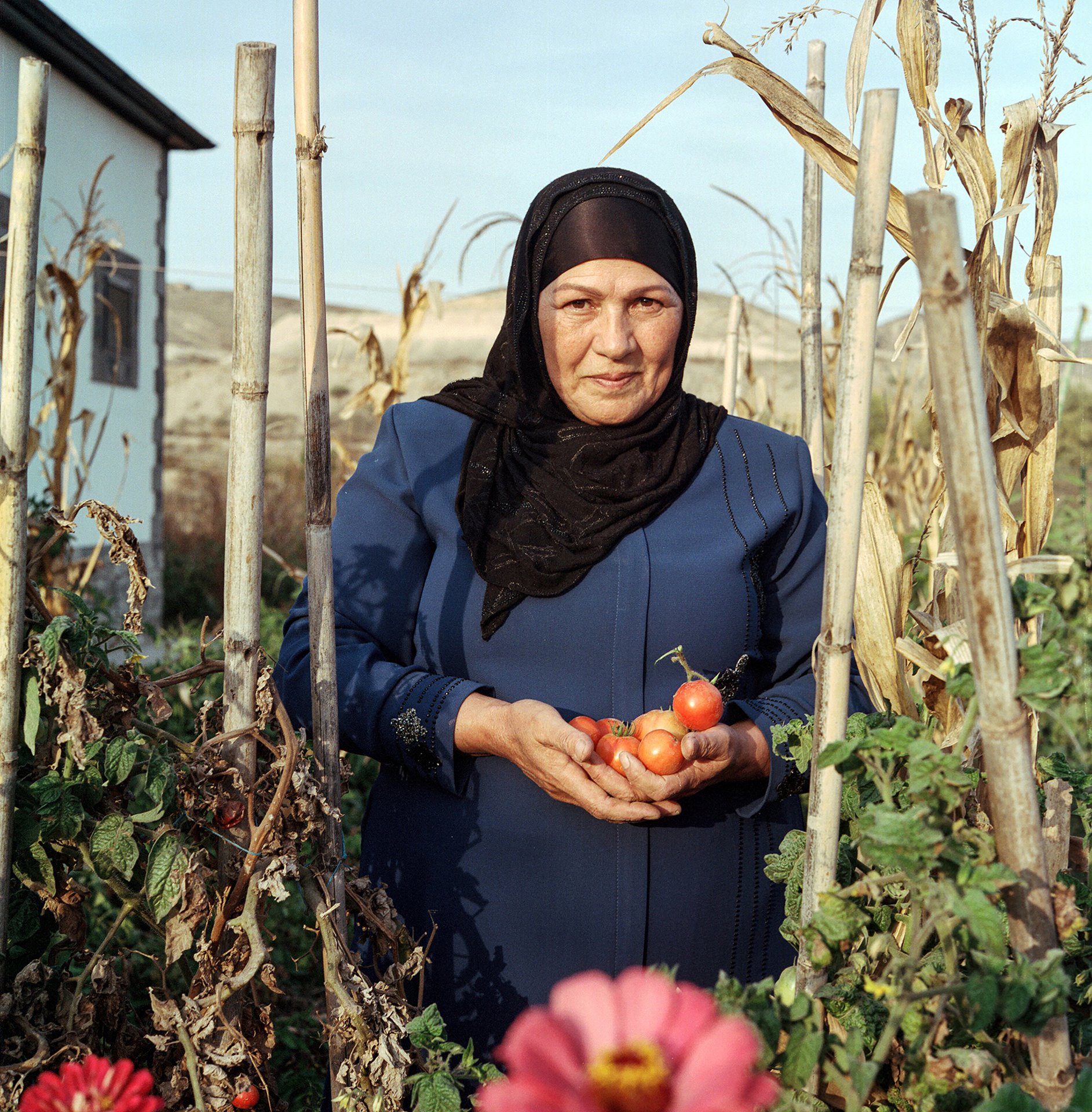
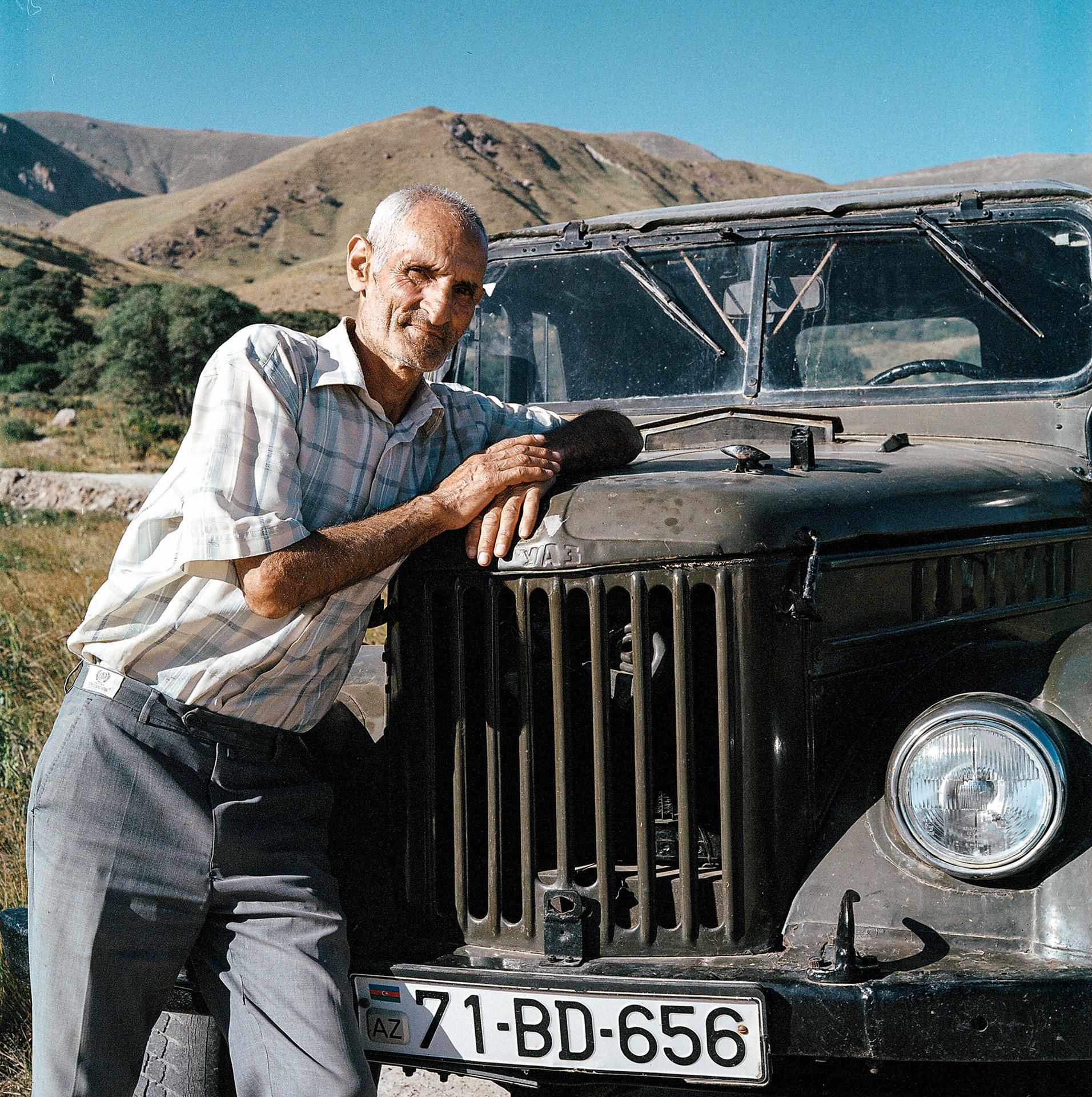
A través de esta narrativa personal, fotografía e historia, el proyecto de Effendi ofrece una reflexión conmovedora sobre la resiliencia y la belleza en medio del conflicto. Es un recordatorio de la profunda interconexión entre el mundo humano y el natural, y una invitación a pensar en las huellas duraderas que deja la guerra, no solo en las personas, sino también en la vida que las rodea.
